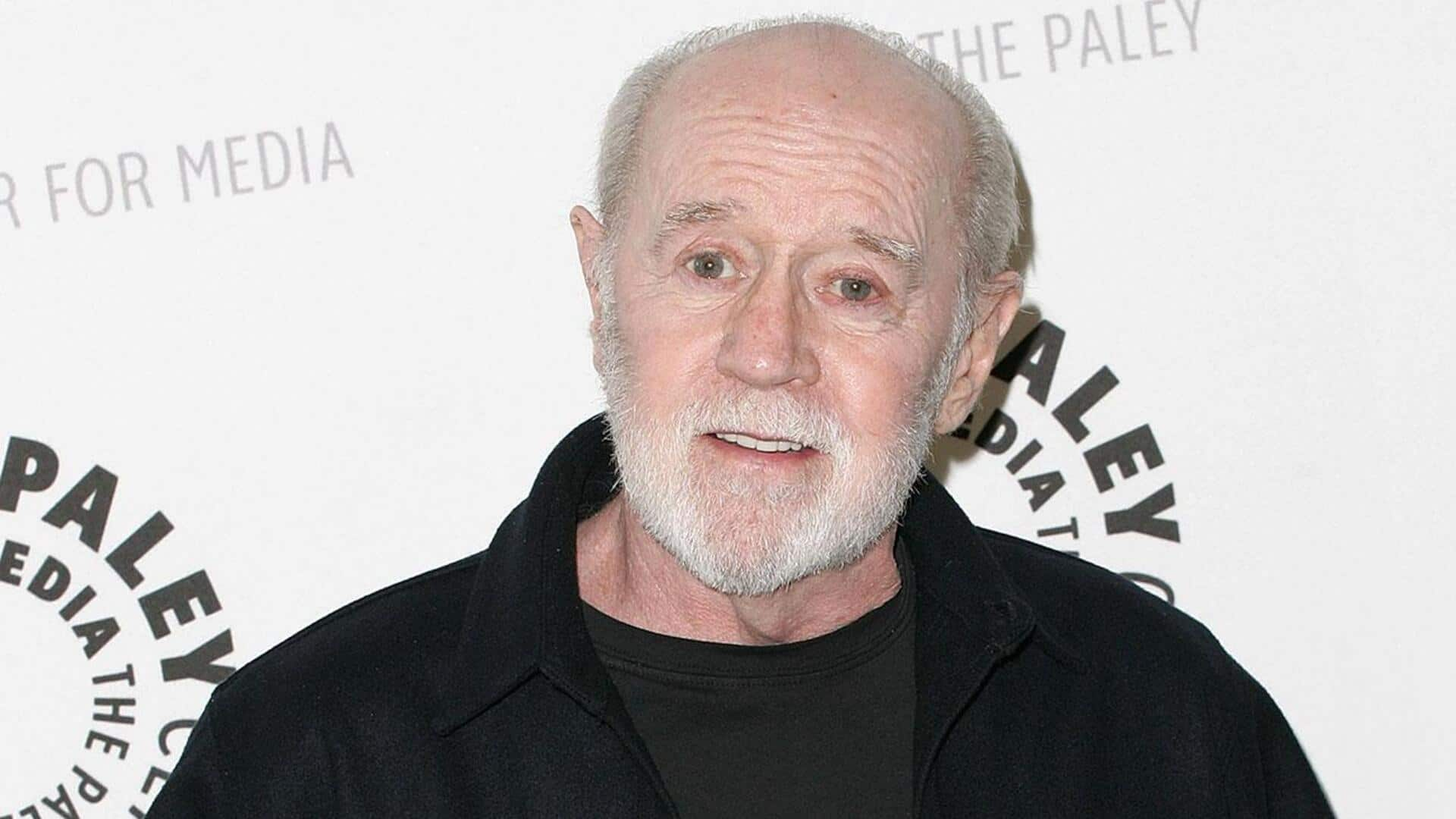
George Carlin's daughter warns of AI threat after settling lawsuit
What's the story
The estate of the late comedian George Carlin has settled a lawsuit against Will Sasso and Chad Kultgen—hosts of the Dudesy podcast. The legal action was initiated following the release of an AI-generated special titled George Carlin: I'm Glad I'm Dead on their YouTube channel. The special allegedly mimicked Carlin's unique style and voice, leading to claims of copyright infringement. Though the case has been settled, Carlin's daughter—Kelly Carlin—worries it reflects a much larger cultural and creative crisis.
Incident
Performer impersonated Carlin in a one-hour special
The one-hour special, which premiered on YouTube on January 9, didn't shy away from legal issues regarding Carlin's work and persona. It opened with a disclaimer stating that a performer would impersonate Carlin's unique style of contemporary topics as he believed the comedy legend would. However, critics labeled the presentation as a distortion of Carlin's original work, considering it copyright infringement. Carlin passed away at the age of 71 in 2008.
Video withdrawn
AI special was removed following the lawsuit
In response to the lawsuit, Sasso and Kultgen promptly took down the controversial special from their YouTube channel. It was removed on January 31, just six days after the lawsuit was filed. They also erased all references to Carlin from their podcast and social media accounts. The lawsuit claimed that the special infringed upon the estate's copyright and its publicity rights to Carlin's name, image, and likeness.
Injunction granted
Permanent injunction issued against 'Dudesy' podcast hosts
As part of the settlement, Sasso and Kultgen have reportedly agreed to a permanent injunction preventing them from re-uploading the video. The injunction order submitted in federal court stated that defendants are "permanently restrained and enjoined from uploading, posting or broadcasting the Dudesy Special on the Dudesy Podcast or any other platform controlled by them (including, without limitation, YouTube and social media websites) controlled by Defendants without the express written approval of the Plaintiffs."
Reactions shared
Carlin's daughter and estate attorney commented on settlement
Following the settlement, Kelly expressed satisfaction with the results of the case. In a statement, she said, "While it is a shame that this happened at all, I hope this case serves as a warning about the dangers posed by AI technologies and the need for appropriate safeguards not just for artists and creatives, but every human on earth." Joshua Schiller—attorney for the estate—echoed Kelly's sentiments, stating that the settlement will serve as a blueprint for resolving similar disputes.
Next steps
Legal loopholes and future actions to be taken
Meanwhile, Schiller revealed plans to request YouTube and other platforms to remove copies of the video uploaded. However, he highlighted a significant legal loophole—the absence of a federal right of publicity, which means there's no guarantee that these platforms would have to comply with such requests. "In recent months, there has been a wave of high-profile examples—from fake Joe Biden robocalls...to multiple rounds of AI-generated nude photographs of celebrities...This isn't a problem that will go away by itself," he said.